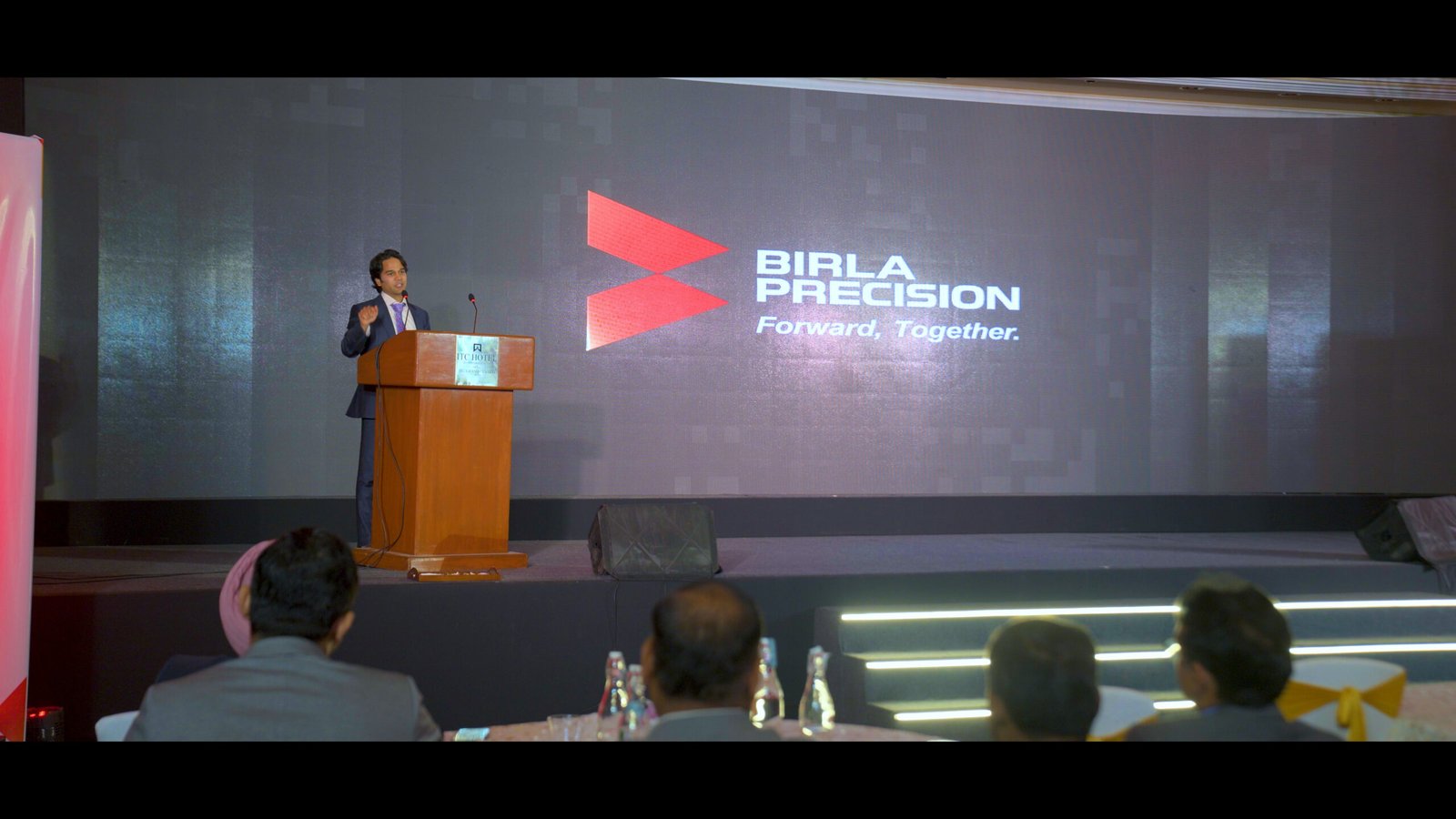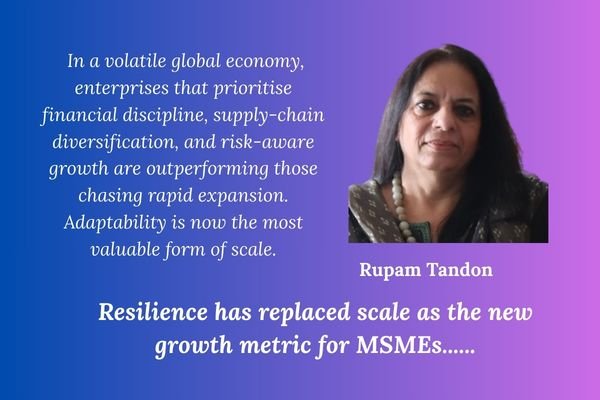ILO issues wage protection guidance for migrant workers
The Guidance Note focuses on wage-related issues faced by migrant workers, including non-payment and delayed payment of wages. These can lead to debt bondage and forced labour, according to the ILO Committee of Experts on the Application of Conventions and Recommendations (CEACR).
It is anticipated that new ILO “guidance on wage protection” will significantly influence international labor rules that are partuclarly applicable to migrant workers. Migrant workers frequently experience wage and remuneration abuses such as “non payment, delayed payment,” and other similar problems, as well as being on the receiving end of prejudice. pay must be paid in full, in a predictable manner, and on time for employees to profit as expected from their pay. The working conditions that have the most immediate and noticeable impact on both employees’ and employers’ daily life are working hours and pay.
The choice of a job, the number of hours worked, and whether or not one relocates for work can all be influenced by wages. Migrant workers may face discrimination, xenophobia and racism, unfair recruitment processes, and restrictions based on their migration status which can contribute to labour and wage-related abuses. The issue of non-payment of wages is one of the most common forms of complaints by low-wage migrant workers and especially workers in irregular status.
Adequate wages and timely payment are essential for securing decent work and social justice and have the most direct and tangible effect on the everyday lives of workers. Countless families and communities are dependent on remittances from migrant worker relatives. Wages need to be paid in full and in a predictable and timely manner for workers to receive the expected benefits of the wages they earn. Convention No. 95 and Recommendation No. 85 were the first ILO standards that deal in a comprehensive manner with dimensions of wages, and they seek to provide protections related to workers’ remuneration. Their aim is to provide guidance and a framework for the key principles that underlie wage protection. A common principle in both standards is to ensure the prompt payment of wages directly to the worker. Convention No. 95 allows for wage deductions but “only under conditions and to the extent prescribed by national laws or regulations or fixed by collective agreement or arbitration award” (Article 8), and workers are to be informed of the conditions under which and the extent to which such deductions can be made.Lawful examples of deductions can include trade union dues or social security contributions; however, it has been observed in practice that workers may also find themselves exposed to unlawful deductions.
Author Profile
Latest entries
 Business2 January 2026Rungta Tea Marks 24 Years with 92% Distributor Retention, Outlines Ambitious Expansion
Business2 January 2026Rungta Tea Marks 24 Years with 92% Distributor Retention, Outlines Ambitious Expansion Business18 October 2025Start Your Drone Business: Aquiline Drones Franchise Program for Veterans
Business18 October 2025Start Your Drone Business: Aquiline Drones Franchise Program for Veterans Doing business3 June 2025India’s Q-Commerce Growth Underscores Market-Driven Innovation: Siddharth Shankar
Doing business3 June 2025India’s Q-Commerce Growth Underscores Market-Driven Innovation: Siddharth Shankar Business15 May 2025World MSME Day: A Global Commemoration of Entrepreneurial Vitality
Business15 May 2025World MSME Day: A Global Commemoration of Entrepreneurial Vitality








